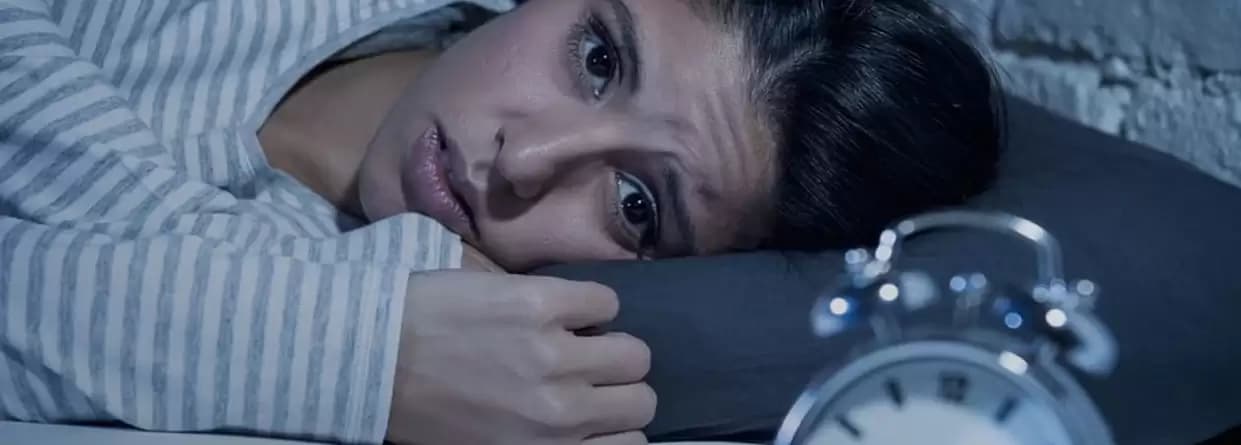
Sleep disorders is an umbrella term used for a wide gamut of medical conditions that impact the quality and duration of your sleep leading to sleep deprivation.
Sleep disorders is an umbrella term used for a wide gamut of medical conditions that impact the quality and duration of your sleep leading to sleep deprivation. This can have a negative impact on your body and affect your functionality as well as the quality of your life. This can also give rise to a wide range of health problems, both physical as well as psychological. There are many different types of sleep disorders and knowing about these is important, especially if you are finding it difficult to fall asleep for the past few days. As per the best doctor for sleep disorders, there are more than a hundred different types of sleep disorders that usually affect your sleep in 4 ways:
Sleep disorders can be a result of many factors. These may be caused by an underlying medical condition, genetic predisposition, lifestyle factors, obesity, poor dietary habits are medication taken from some other medical condition.
In this blog, we are going to discuss some major types of sleep disorders with the help of experts from the best multispeciality hospital in Kolkata.
Insomnia – It is one of the most common sleep disorders with around 10 per cent of the adult population dealing with chronic health complications related to insomnia and approximately 30 to 40 per cent getting it every now and then. The condition is marked by the inability to fall asleep or stay asleep. Insomnia can be of many different types and it is quite possible that you may not experience the same symptoms as others around you. While some people take 20 to 30 minutes to fall asleep even after lying down in their beds, others wake up too early and are not able to fall asleep again. One can also experience both problems in combination. Some people may experience an acute form of insomnia, which lasts only for a couple of days while others may experience a chronic form that lasts for weeks or even months. If you are looking for the best treatment for insomnia you should consult an expert in the field.
Snoring and sleep apnea – The only negative impact of snoring that one may think of is keeping their partner awake. Although it may seem completely harmless and natural, snoring is not always a good sign. The reason why we snore is that our throat closes as we breathe, thereby cutting off the air supply for a few seconds. The problem can aggravate and develop into sleep apnea which is a chronic medical condition with serious side effects. In patients suffering from the condition, the air supply may be cut off for 10 seconds or more and that too. multiple times in an hour. This is usually a result of an obstruction in the upper airway, i.e. obstructive sleep apnea, or the periodic inability of the brain to keep you breathing, i.e. central sleep apnea. The name comes from the fact that the problem arises from the central nervous system. Sleep apnea has been linked to chronic medical conditions like hypertension and diabetes.
Parasomnia – The term parasomnia comes from the Latin word meaning ‘around sleep’. The condition is marked by abnormal sleep behaviours or events that occur at a specific stage of your sleep. These include problems like sleepwalking, sleep terror, sleep sex, sleep eating and rapid eye movement behaviour disorder. These are only a few examples and there are many other types. People suffering from extreme forms of parasomnia can prove to be dangerous not only for themselves but also for those around them. Sleep paralysis – Imagine waking up from your sleep and not being able to move your body. You know that you are awake but your body is not responding and neither are you able to cry for help. The experience can be really terrifying. Sleep paralysis is a condition that happens while you are transitioning between sleep and being awake. Some people may also hallucinate, imagining a stranger on their side, who is trying to harm them. The episode hardly lasts for more than a couple of minutes and once you get used to these, the experience becomes less frightening. Experts suggest that nearly 25 to 40% of people are likely to experience sleep paralysis at least once in their life. There may not be any reason behind it or it may be triggered by some mental health condition such as bipolar disorder.
Written and Verified by:

Dr. Raja Dhar is the Director & Head of Pulmonology Dept. at BM Birla Heart Hospital and CMRI Hospital, Kolkata, with over 27 years of experience. He specializes in interstitial lung disease, asthma & allergy, COPD, sleep medicine, advanced lung function services, interventional & diagnostic pulmonology, rare stroke & orphan lung diseases, and all disciplines of respiratory medicine.
© 2024 CMRI Kolkata. All Rights Reserved.